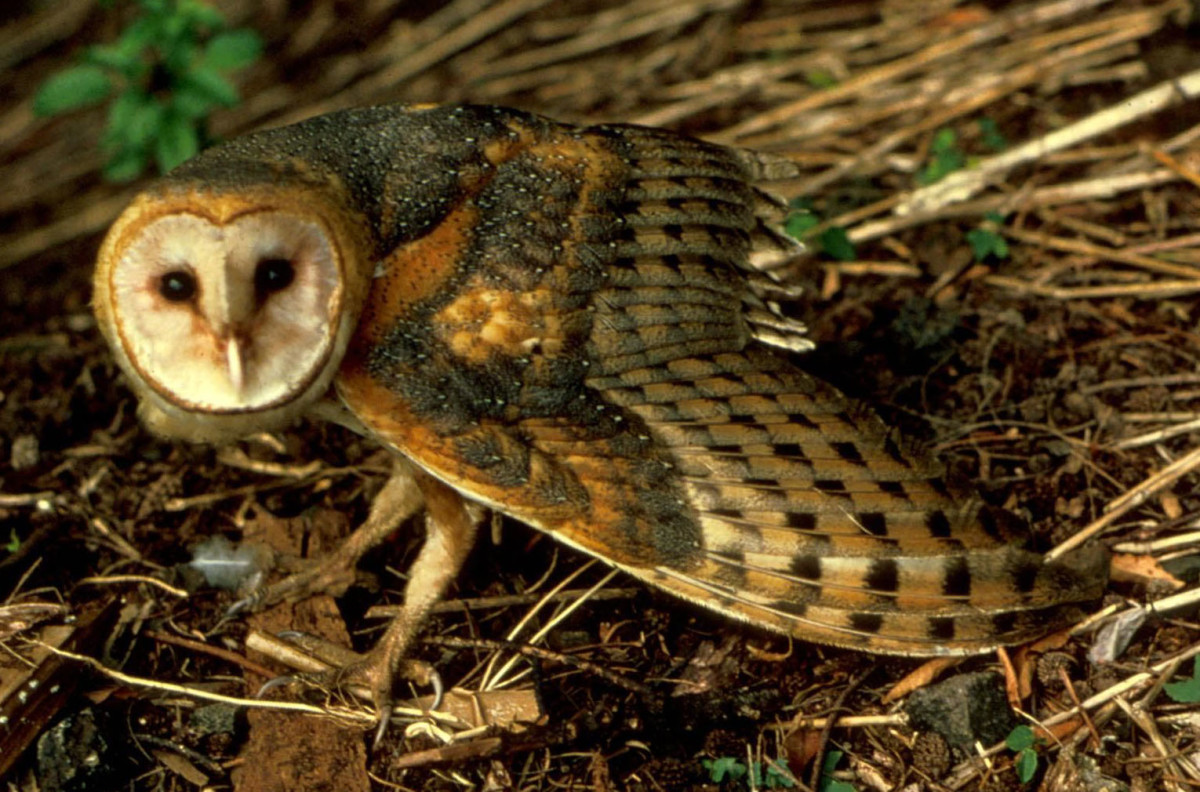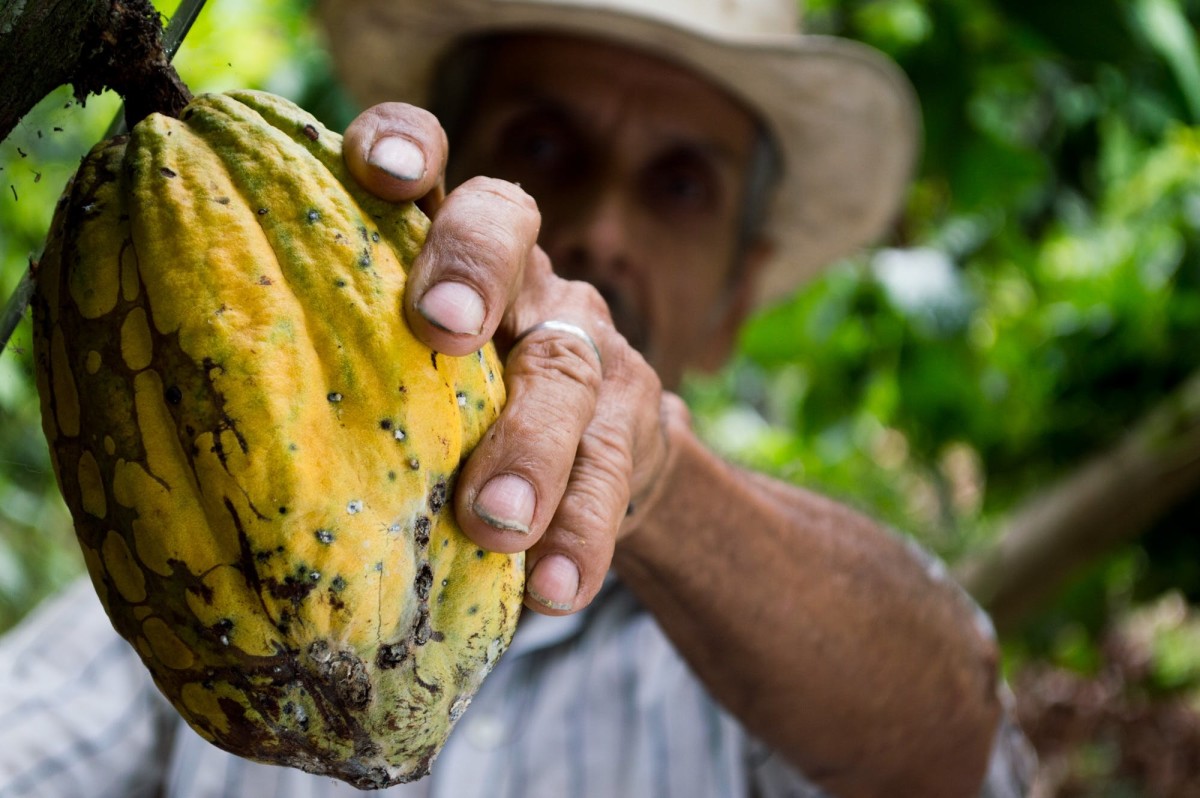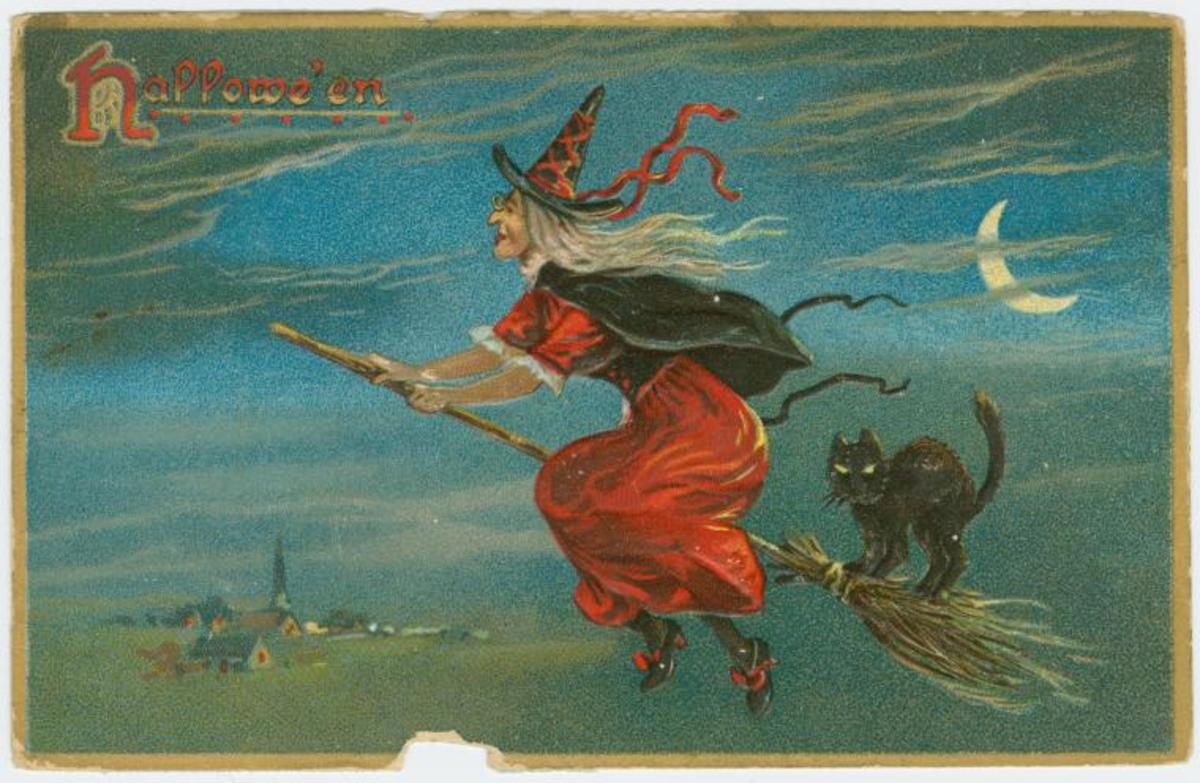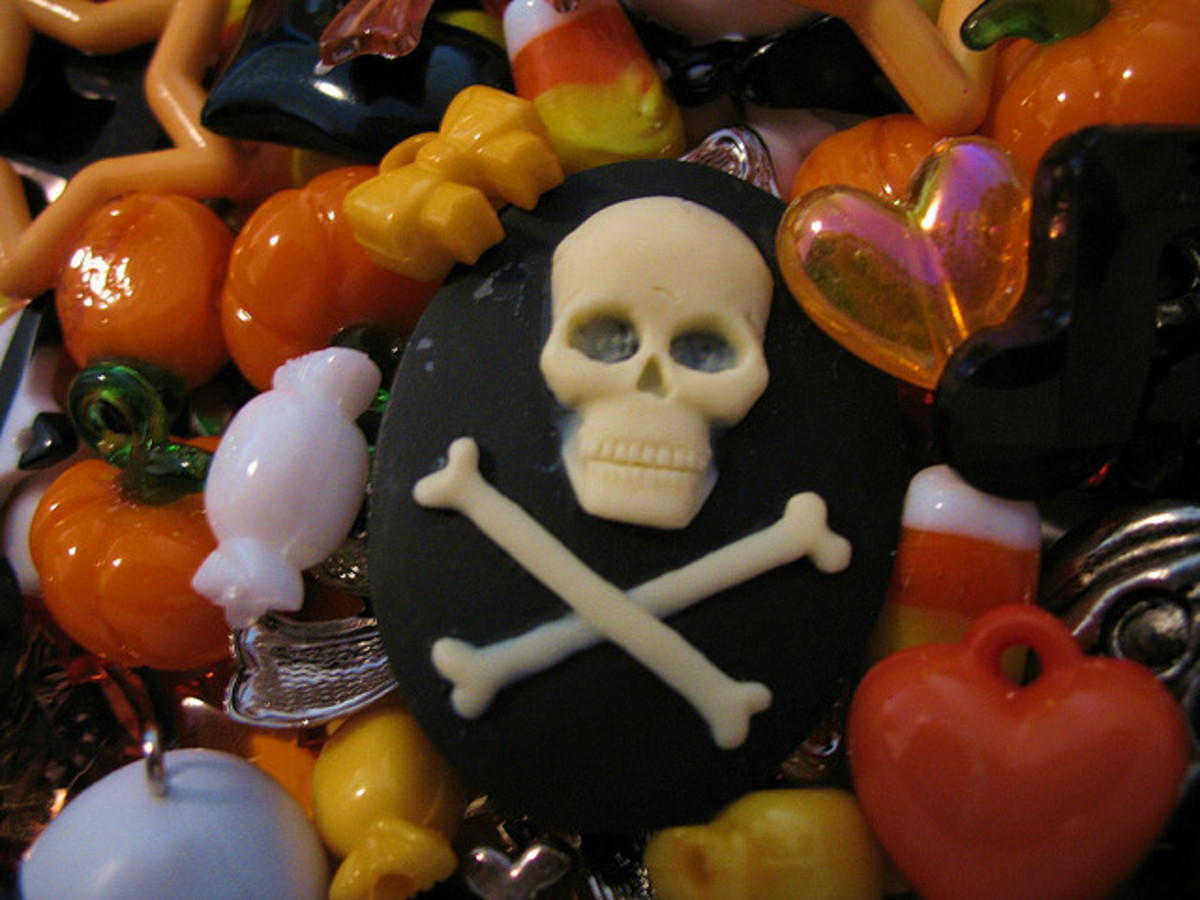Halloween: How this Modern Holiday has Ancient Origins
Halloween and Current Culture
Halloween hardly resembles it's past origins and most people probably do not really know where this custom originated. Our current celebrations are very benign. Today, children (and some adults) dress up in their favorite costume and go door-to-door asking for candy aka Treats. These costumes have evolved to include not just scary monsters or beings, but superhero's, characters from popular TV shows and movies and just about everything else in between.
The celebration doesn't just take place on October 31st anymore; sometimes weeks or even a month before are planned with costume parties, haunted houses and pumpkin festivals; all connected to the Halloween theme.
Most people see Halloween as a time for harmless fun, but some ultra-religious Christians prefer to not take part in Halloween activities because of the belief that it celebrates Paganism and demonic activity (I will explore this side of the debate further down in the article).

Early Origins
The word, Halloween, is actually a shortening of the term All Hallows' Evening, taken from early northern European groups that celebrated the end of the harvest season. The ancient Celts called this festival, Samhain (pronounced Sah-win). It was a time for people to start preparing for the lean winter months. Animals were placed into barns and prepped for survival in winter.
The ancients believed that on October 31st, the veil between the worlds would thin, thus the deceased would come back and cause problems such as damaged crops or illness. To combat this, masks or costumes would be worn in an attempt to either disguise oneself or mimic the evil sprits, thus tricking them, to appease them. This is probably where in modern traditions we get the trick part of trick-or-treat.
The traditions of Samhain can be traced back to ancient Ireland and Scotland, to about the time of Christ.
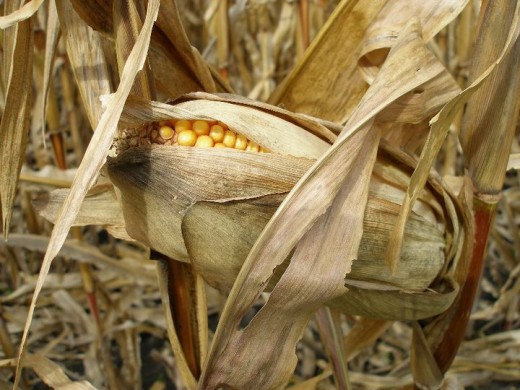
Halloween and the Early Christians
It wasn't until about the 5th century that Christians and the Catholic Church had a strong presence in the region. Instead of trying to create a new holiday to celebrate and remember the saints (or trying to stop the Pagans from celebrating Halloween all together), the church adopted October 31st (and November 1st as All Soul's Day) as All Hallows' Eve. This was to honor the Catholic saints. On November 1st, All Soul's Day, prayers are made for the souls of dead relatives. A later Medieval custom arose where on November 2nd, people would go door-to-door requesting small cakes in exchange for praying for the dead relatives of each household. This may be where we get the treat part of trick-or-treat.
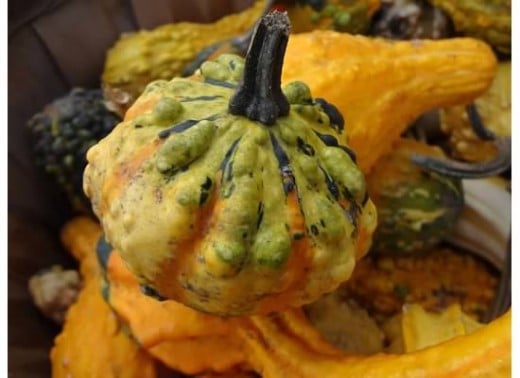
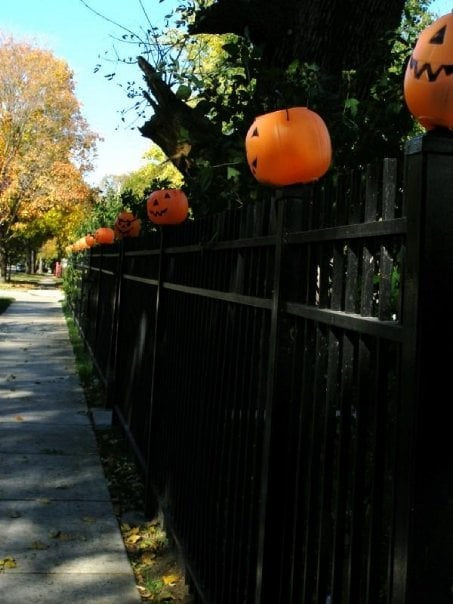
The Origin of the Jack-O-Lantern
The origin of the Jack-O-Lantern is steeped in Irish lore and legend. The story goes something like this:
A drunk, named Jack, tricked the devil into climbing an apple tree to steal an apple. While the devil was in the tree, Jack cut the sign of the cross into the tree trunk to prevent the devil from coming down. Jack then made the devil swear he wouldn't retaliate by coming after Jack's soul. The devil agreed to this deal.
When Jack died, he was turned away from the gates of heaven for being a selfish person and a drunk (really, being a drunk is what prevents you from entering heaven?). So, he was then sent to hell to see the devil, but the devil, in retaliation from the stunt Jack pulled on him, rejected him from hell and Jack was cursed to wander the earth. As he was leaving hell, (and while eating a turnip no less), the devil throws a hot coal at him. Jack took the coal and put in into his turnip and has been forever roaming the earth with his glowing turnip in search of a final resting place. Eventually, and especially in the New World, the turnip was replaced by a pumpkin.
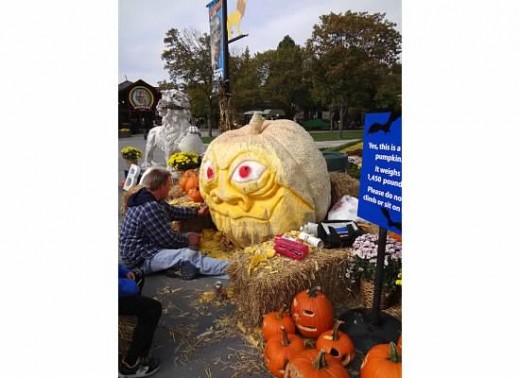
Halloween and Early America
In early America, Halloween was not celebrated at all due to the strong religious views practiced by the Puritans and Pilgrims. It slowly gained momentum in small Irish settlements and then when thousands of Irish immigrated to America because of the potato famine, their customs, including Halloween was brought with them. The rise in popularity in America was also present during the 1840s when spiritualism became popular and accepted in mainstream culture.
Did You Know?
Ireland is the only place in the world where Halloween is a national Holiday. Even Children are let out of school early to participate in the festivities.
The Halloween Christian Debate
Some Christian factions refuse to celebrate or allow their children to celebrate Halloween. They base these feelings on a few passages in the bible that talk about the sins of partaking in occult practices. While I respect their views, in my opinion, today's Halloween is a complete departure from the original Samhain rituals the ancients practiced. It is more of a cultural event than a religious one. I feel especially bad for their children who will see their peers getting to have fun, dress up and go door-to-door for goodies.
What do you think? Please express your feelings in the comments section below!


